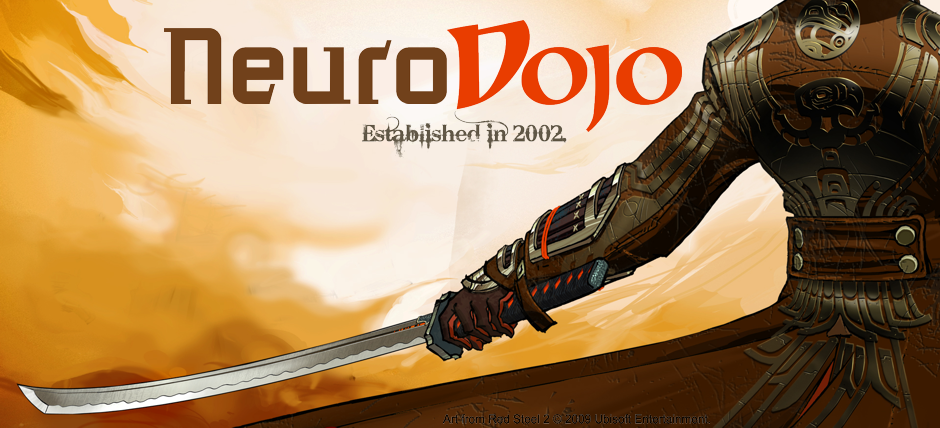 Some presentations are harder than others. The type Australian Prime Minster Kevin Rudd just delivered what might be one of the hardest of all: a serious and sincere apology.
Some presentations are harder than others. The type Australian Prime Minster Kevin Rudd just delivered what might be one of the hardest of all: a serious and sincere apology.When I lived in Australia, I could not help but be struck by the many parallels with my native Canada. One of the unfortunate similarities has been the treatment of indigenous peoples: the First Nations in Canada, and the aboriginals in Australia. The policy for years in both countries was to destroy the native culture and assimilate it. So many things were so badly wrong, it's hard to know where to begin.
Rudd formally acknowledged how wrong those polices were. The speech is over 25 minutes, but to his credit, Rudd gets to the important point in the first few minutes.
We say sorry.
The power of apology should never be underestimated.
Rudd's delivery is not animated or passionate. He reads word for word from his prepared text. In many ways, it is not a very good delivery.
After saying sorry, the speech lapses into some bland generalities that could be heard in almost any political speech. Moving forward, great nation, equal partners, all Australians, and so on.
But Rudd then brings it back with a specific, concrete example of one woman, Nanna Nungala Fejo, and her story. How she was taken from her family by the government. Her message for Rudd to convey: "All mothers are important." Powerful.
Rudd even gets in some wistful humour without seeming disrespectful when he describes how aboriginals were to be raised in Christianity:
A few years later, government policy changed. Now the children would be handed over to the missions to be cared for by the churches. But which church would care for them?
The kids were simply told to line up in three lines. Nanna Fejo and her sister stood in the middle line, her older brother and cousin on her left. Those on the left were told that they had become Catholics, those in the middle Methodists and those on the right Church of England.
That is how the complex questions of post-reformation theology were resolved in the Australian outback in the 1930s.
Rudd also uses a little dry understatement to good effect:
But let us remember the fact that the forced removal of Aboriginal children was happening as late as the early 1970s. The 1970s is not exactly a point in remote antiquity.
Rudd reiterates the words people had been waiting years to hear:
To the stolen generations, I say the following: as Prime Minister of Australia, I am sorry.
On behalf of the Government of Australia, I am sorry.
On behalf of the Parliament of Australia, I am sorry.
Rudd's speech then goes on to look at the future. As Rudd talks about new policies, it again becomes a fairly generic political speech in many ways.
There's no question of the importance of Rudd's speech, because of the political will it represents and the desire to admit wrongs. But it's worth looking at because it has a higher goal than most presentations typically have. Most presentations are meant at some level, to be entertaining, because that's how we engage people. But in talks like Rudd's, attempting to entertain would be totally inappropriate. The task becomes much more demanding. The only option is utter sincerity. You must really mean every word you say. And while there is much that I can nitpick in Rudd's presentation and the text of his speech, I do not doubt his sincerity. Rudd's message of apology and forgiveness is too powerful to be capsized by the details of his delivery.
Well done, sir. Well done.
A video of Rudd speech can be found here. More about the response to Rudd's speech can be read here.

No comments:
Post a Comment